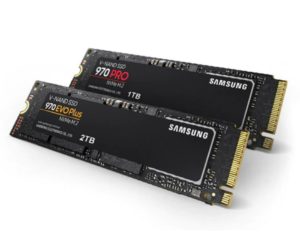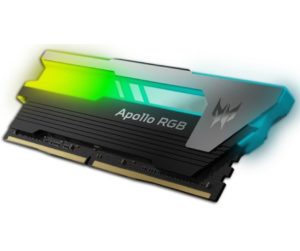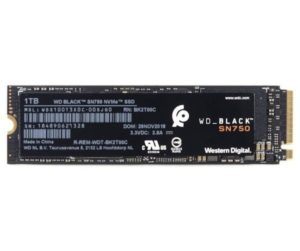If you are also looking to buy best-selling RAM for your laptop then you have landed on the right page. But first, let’s understand some simple yet significant points.
What is an SSD and how it is superior to conventional hard discs?
The solid-state drive, or SSD, is a new generation of storage device that is designed to replace traditional mechanical hard discs. SSDs are superior due to their use of flash-based memory, which is not only faster but also more reliable. As a result of the benefits of high throughput and quick read access, computers and laptops have become faster than ever. The read/write speeds of SSDs, measured in nanoseconds, allow for files to be stored in various grids that provide quick access to any necessary information. While many SSD storage companies have emerged in recent years, there are a few trusted names that can be relied upon. To assist you in selecting the best RAM for your laptop, we have compiled a list.
INTEL
Over the years, Intel has established itself as a prominent global leader in the market by offering a diverse range of SSDs to cater to various demands and applications. Recently, the company introduced the P5800X SSD, which many experts believe to be the fastest SSD currently available. Intel’s SSDs are highly regarded for their improved consistency, reduced latency, and more reliable performance. However, due to their higher price point, most Intel SSDs are considered to be better suited for large enterprises. The brand has historically focused on significantly enhancing sequential speeds.
SAMSUNG

Samsung, a well-known global manufacturer of electronic components and home appliances, including SSDs, is a multinational company headquartered in South Korea. While the brand offers gaming SSDs for an immersive gaming experience and Terabyte SSDs to enhance overall computing performance, Samsung’s SSDs such as the 970 Pro are specifically engineered to withstand demanding workloads on consumer PCs. The Samsung SSDs with SATA interface are anticipated to substantially and rapidly improve the overall computer experience.
ACER Predator Apollo

The multinational Taiwanese hardware and electronics company holds a prominent market position in the storage goods industry, offering a broad selection of memory and storage solutions for both business and household consumers. Acer’s SSDs are designed to support LDPC ECC technology for ensuring data integrity, as well as features such as S.M.A.R.T., GC & TRIM, and S.M.A.R.T. that help maintain optimal system performance. Acer’s new SSD line includes M.2 SATA, 2.5-inch SATA, and M.2 PCIe NVMe SSDs. The RE100 is available in both the 2.5″ SATA and smaller M.2 form factors, while the entry-level 2.5″ SA100 SATA SSD comes in sizes ranging from 120 GB to 1.92 TB.
WESTERN DIGITAL

Western Digital, often referred to as WD, is a well-known market leader that offers a variety of Solid State Hard Drives with capacities ranging from 250 MB to a massive 32 TB. The company has a long-standing commitment to innovation, and aside from being among the pioneers in producing hard drives, it has also made significant strides in 3D NAND technology. One of the brand’s signature products, Zoned storage, is built on a unified software architecture that intelligently allocates data to maximize storage capacity, minimize total cost of ownership (TCO), and improve quality of service (QoS).
Conclusion
In conclusion, there are many great options available when it comes to buying RAM for your laptop. The best option for you will depend on your individual needs and budget. However, all of the options on this list are high-quality and will provide a significant boost to your laptop’s performance. So, if you’re looking for a way to speed up your laptop, be sure to consider upgrading your RAM.
Here are some additional tips for choosing the right RAM for your laptop:
- Consider your budget: RAM prices have come down significantly in recent years, so you can get a good amount of RAM without breaking the bank.
- Think about your needs: How much RAM do you really need? If you’re just using your laptop for basic tasks like browsing the web and checking email, then you can get away with 4GB of RAM. However, if you’re doing more demanding tasks like gaming or video editing, then you’ll need more RAM.
- Check your laptop’s specifications: Make sure that your laptop can support the type of RAM that you’re considering. Not all laptops are compatible with all types of RAM.
- Read reviews: Before you buy any RAM, be sure to read reviews from other users. This will give you a good idea of the performance and reliability of the RAM that you’re considering.


